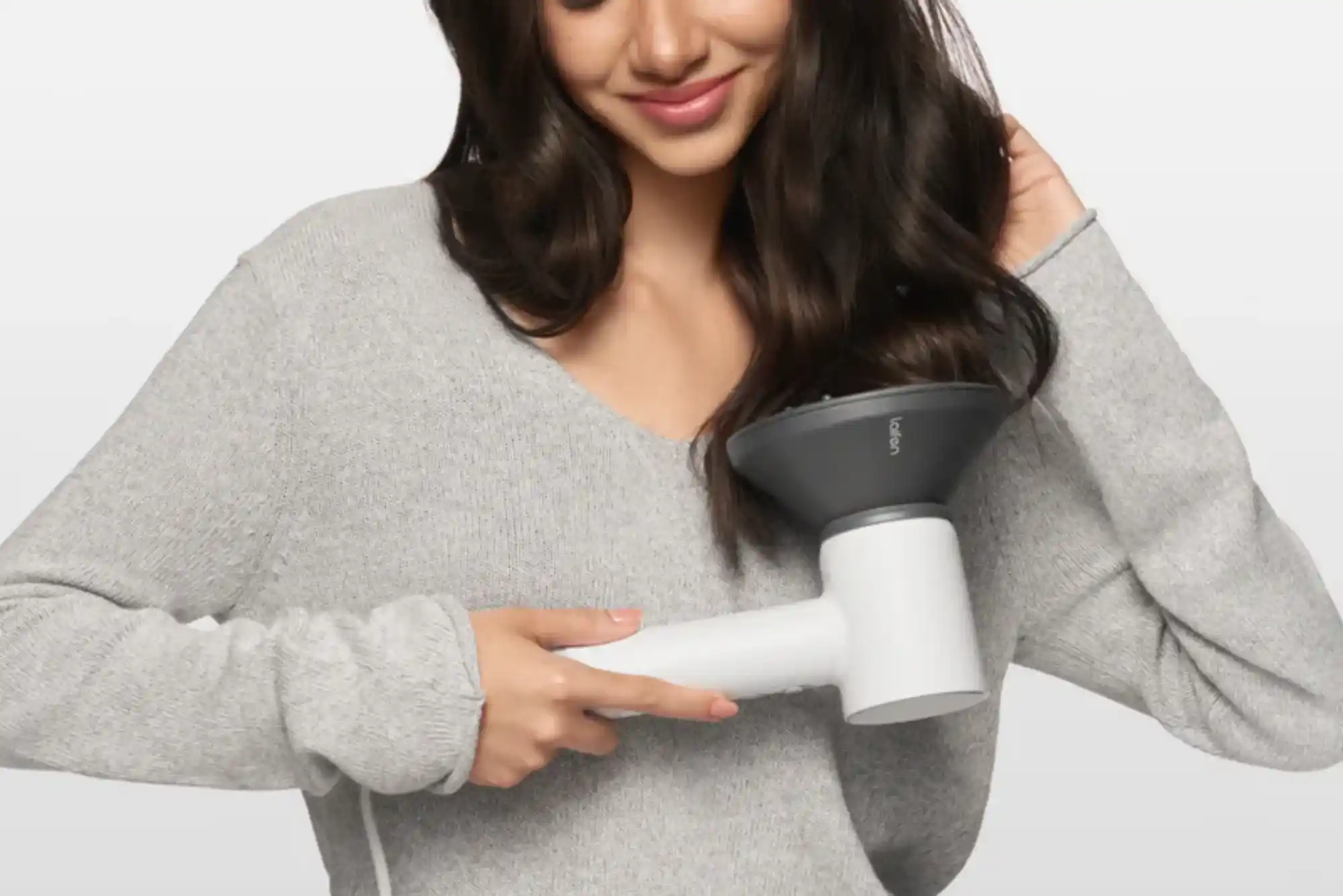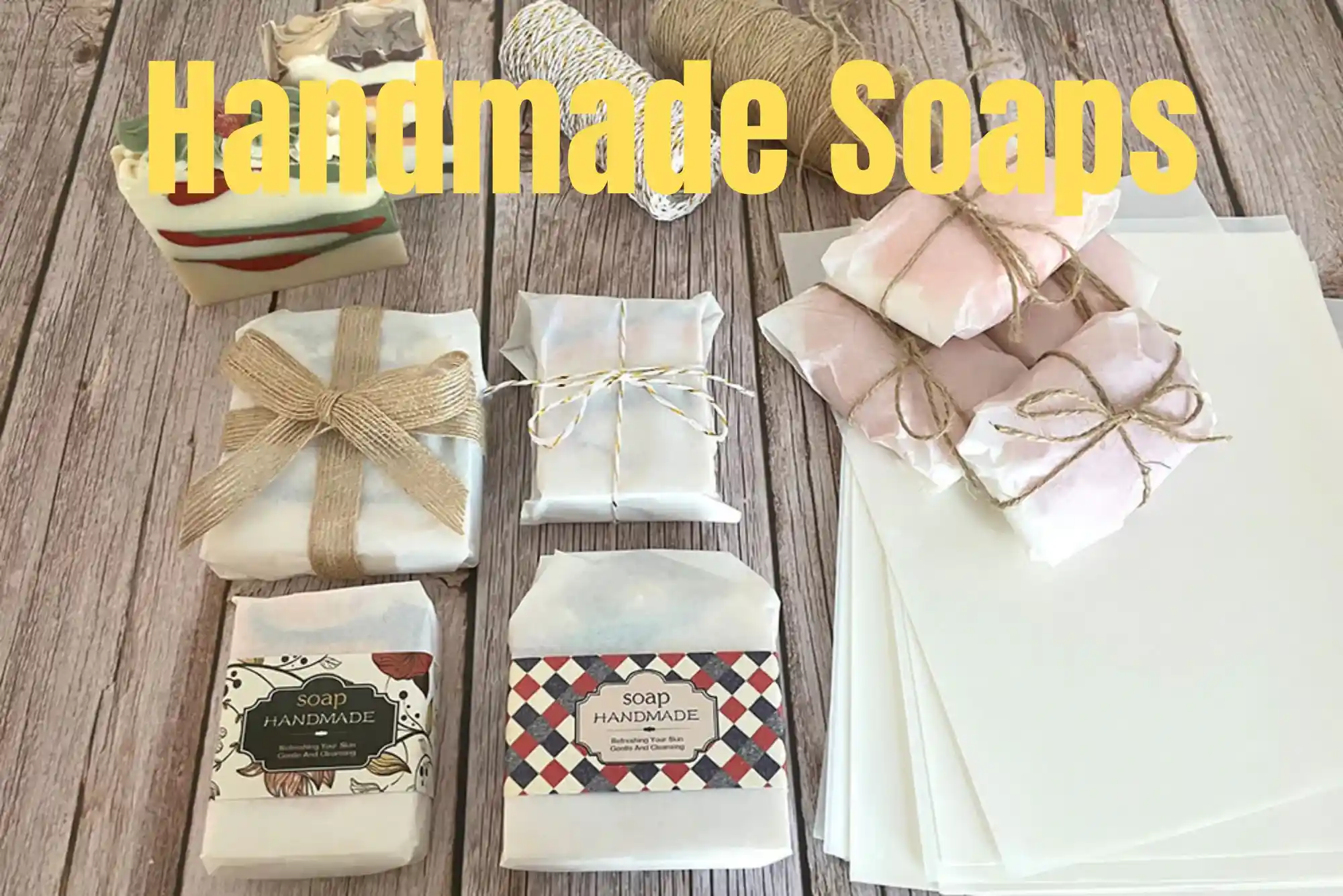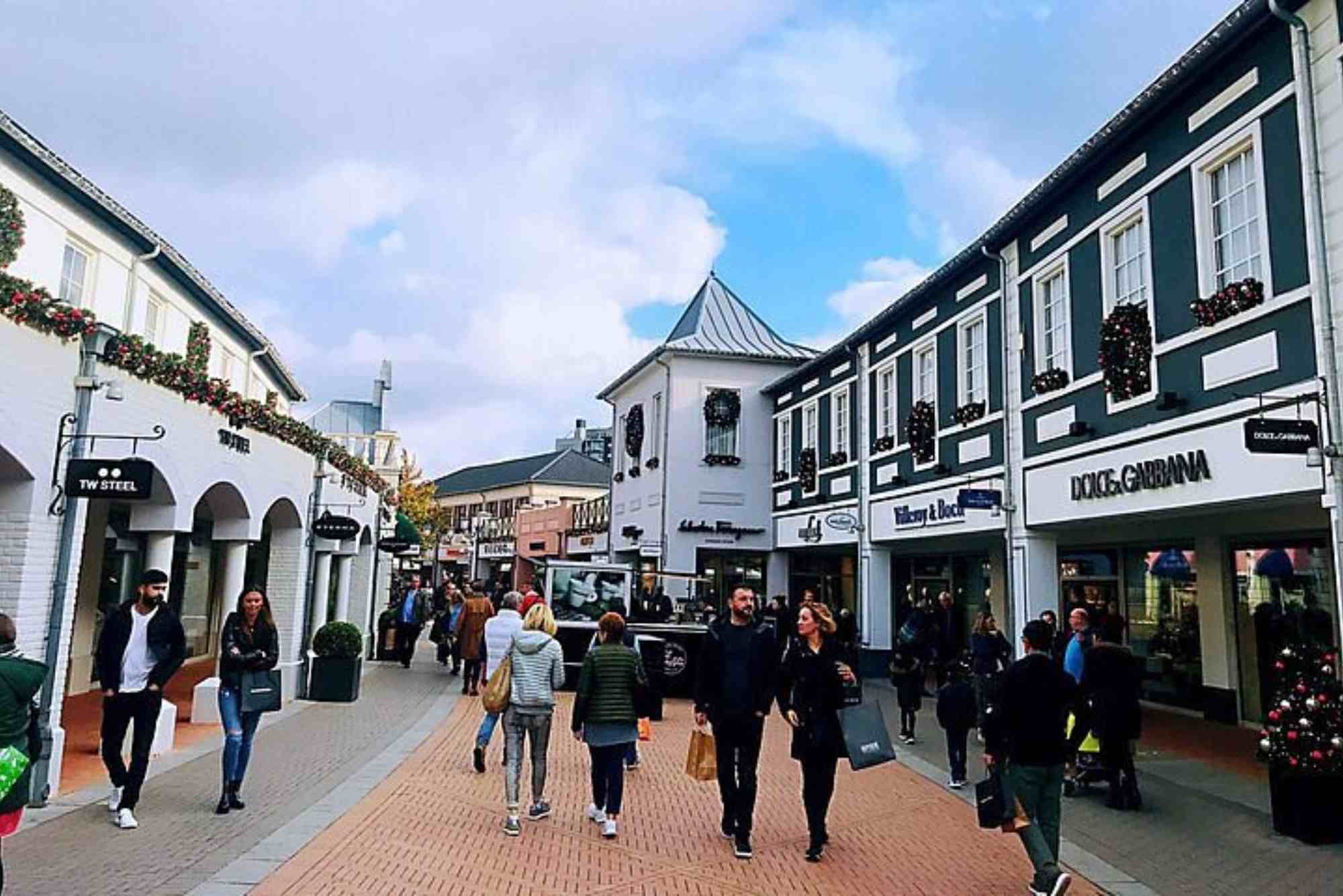Introduction
When it comes to creating tinctures, a variety of alcohols are available for extracting medicinal properties from herbs and plants. Mr. Boston 100 Proof, a widely popular brand known for its high-proof alcohol, is often considered for this purpose. But the big question is: Can you use Mr. Boston 100 Proof for tinctures?
In this article, we’ll cover everything you need to know about using Mr. Boston 100 Proof in tinctures, including detailed instructions, tips, and an FAQ section based on current search trends. Whether you’re an experienced tincture maker or a beginner, this guide will provide you with the clarity you need for your herbal concoctions.
What is a Tincture?
A tincture is a concentrated herbal extract that uses alcohol as a solvent. It’s often made by soaking plant material in alcohol, allowing the alcohol to absorb the active compounds from the plant. The result is a potent liquid that can be consumed in small doses. Tinctures are often used for medicinal purposes, as they offer a highly concentrated form of the herbs’ healing properties.
Can You Use Mr. Boston 100 Proof for Tinctures?
Yes, Mr. Boston 100 Proof is suitable for making tinctures. In fact, high-proof alcohol like this is one of the most effective solvents for extracting the medicinal compounds from herbs. The high alcohol content (50% ABV) ensures that the tincture will be strong, allowing it to preserve the plant’s essence for longer periods.
Using 100-proof alcohol also means the tincture will last longer, with less chance of spoilage compared to tinctures made with lower-proof alcohol. Mr. Boston is a reliable, high-proof option for tinctures, as long as you follow the proper process and safety precautions.
Step-by-Step Instructions for Making Tinctures with Mr. Boston 100 Proof
Gather Your Ingredients
Before you start, make sure you have the following:
Herbs: Choose the herb you want to make a tincture from (e.g., lavender, echinacea, or valerian root).
Mr. Boston 100 Proof: This will be the base for your tincture.
Glass jar: A mason jar or any airtight glass container works well.
Strainer or cheesecloth: Used for straining the herb material after extraction.
Dropper bottles: For storing your final tincture.
Prepare the Herbs
Fresh herbs: Chop or break the herbs into smaller pieces. Fresh herbs contain water, so you may need to use less alcohol. You can let them dry for a few days before using them for more effective extraction.
Dried herbs: If using dried herbs, they are ideal for tincture-making because they contain fewer water contents and will absorb alcohol more efficiently.
Add Alcohol to the Jar
Fill your jar halfway with the chopped herbs. Then, pour in the Mr. Boston 100 Proof, ensuring the herbs are fully submerged. Leave at least an inch of space at the top of the jar to prevent any spillage as the tincture will be shaken.
Seal and Shake the Jar
Seal the jar tightly and shake it gently to mix the herbs with the alcohol. Store it in a cool, dark place like a cupboard, and shake it every day for about 2 to 3 weeks. The longer the herbs are left to infuse, the stronger the tincture will be.
Strain the Tincture
After 2-3 weeks, strain the herbs out of the tincture using a cheesecloth or fine strainer. This will leave you with a clear liquid. You can store the liquid in dropper bottles or other glass containers.
Label and Store
Once strained, label the bottle with the type of tincture and the date of preparation. Store the tincture in a cool, dark place. Tinctures made with Mr. Boston 100 Proof can last for years due to the high alcohol content acting as a preservative.
Related FAQs:
1. Can you make tinctures with any alcohol?
Not all alcohols are suitable for tinctures. The best alcohols for tincture-making are high-proof spirits like vodka or grain alcohol. Mr. Boston 100 Proof is perfect for this purpose because it has the right alcohol content to extract herbal properties efficiently.
2. What herbs are best for tinctures?
Many herbs can be used to make tinctures, including echinacea, peppermint, lavender, and valerian root. The key is to select herbs that have medicinal properties you wish to extract.
3. How long does it take to make a tincture?
It typically takes 2-3 weeks for the herbs to fully infuse into the alcohol. The tincture can be left longer for a more potent extraction.
4. What is the shelf life of a tincture?
Tinctures made with high-proof alcohol can last for several years if stored properly in a cool, dark place.
Using Mr. Boston 100 Proof for tinctures is an excellent choice due to its high alcohol content, which efficiently extracts herbal properties. By following the simple step-by-step instructions in this guide, you can create your own tinctures at home with ease. Whether for medicinal purposes or just for making your favorite herbal infusions, tinctures provide a versatile and long-lasting way to enjoy the benefits of herbs.
For more helpful tips and guidance on travel, health, and lifestyle topics, check out our internal link: Travels Village.












